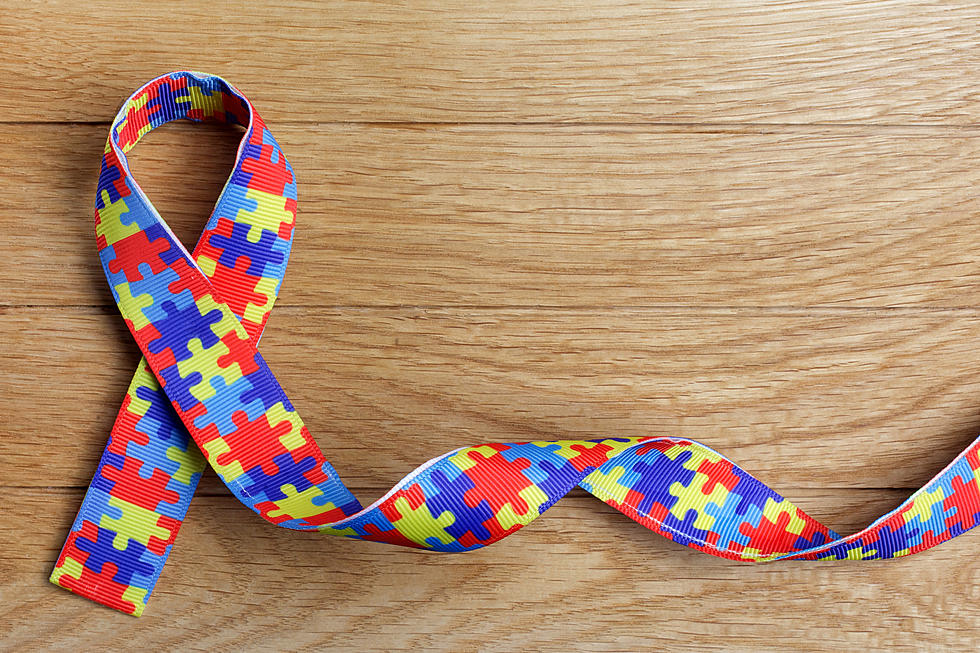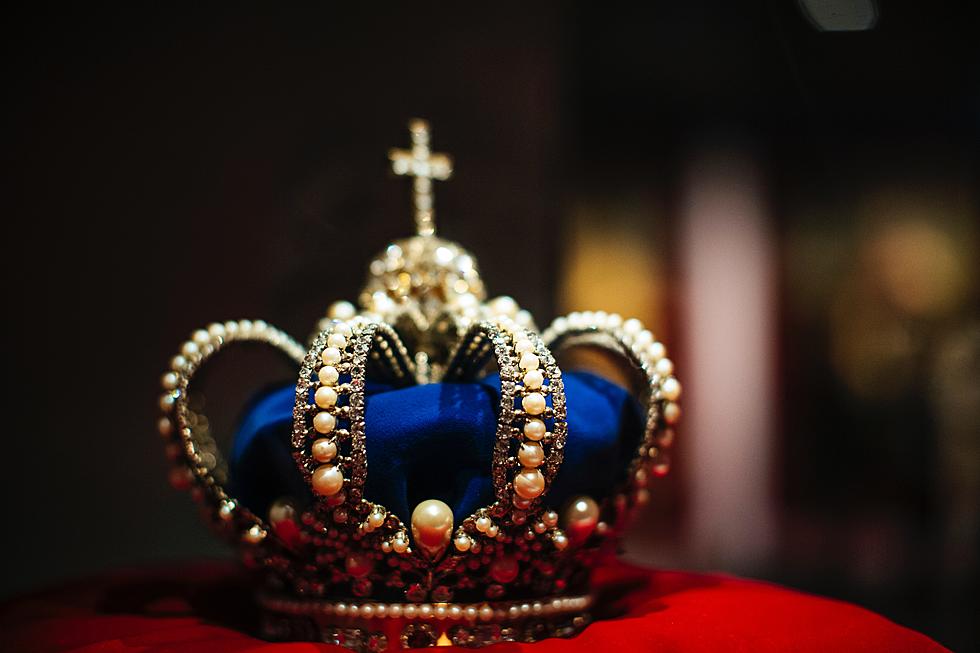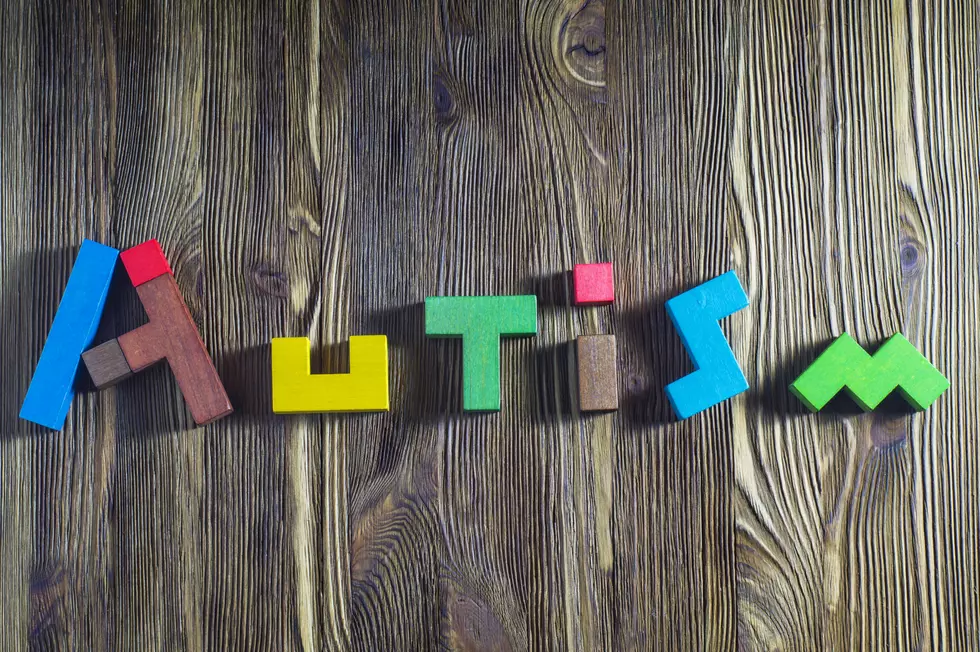
Autism studies in girls, women getting more attention
Krista Lamando sat on a couch on a recent Friday afternoon, covered in blankets and content doing something she excels at-- figuring out puzzles.
In other areas of life, the 20-year-old Landisville resident struggles. She has trouble making friends, picking up on social cues and remembering things. Writing in her diary every day helps.
Lamando has autism. And as a woman, she is in the minority in the autism community.
Autismspeaks.org estimates that while 1 out of 42 boys in the U.S. are diagnosed with some form of autism, the condition affects only 1 in 189 girls.
No one is sure why the disparity exists, but it has meant that, until recently, females with autism haven't gotten the same attention as males.
"I think it is harder to diagnose for one, harder to detect for parents," said Isabelle Mosca, executive director of the Ventnor group Families for Autistic Children, or FACES. "Seeing someone who is extremely shy, you might write it off as they are extremely shy," she told The Press of Atlantic City. "I do think that the autism does look different" in boys and girls.
As more attention is paid to studying girls and women with autism, advocates hope it will lead to earlier diagnoses and to more programs that will benefit girls.
Krista's mother, Judy, said her daughter wasn't diagnosed with autism until she was 13. Judy Lamando has learned from talking with other parents that her daughter's difficulty in making friends is a common theme among girls with autism. It is less of a problem now, she said, since they learned of the FACES group and Krista became involved in pageants and other activities.
Krista wants things to be perfect and can be tenacious about it, her mother said. She also doesn't like it when her routine is disrupted. When the mother wants her daughter to learn something, she shows her not just once, but repeatedly until it sticks, like a groove on a vinyl record.
"She can't pick it up the first time. I'm trying to teach her how to cook and show her different things. She has to see it a couple of times, a few times," said Judy Lamando.
Isabella D'Alessandro, 17, of Egg Harbor Township, also got a late diagnosis of autism. Her mother, Bernadette, said doctors originally thought Isabella had something called "pervasive development disorder-- not otherwise specified."
The teenager was diagnosed by a doctor at Children's Hospital of Philadelphia.
Bernadette D'Alessandro said she thinks boys with autism are often more introverted in some ways than high-functioning girls with autism, such as her daughter. Isabella will sit at the table with her parents, hold her dog Luke and talk about how her autism has affected her life. She doesn't like to read and used to have very bad nightmares.
The Egg Harbor Township High School junior says she used to have problems making eye contact with people when she was a child. She didn't like it when all the other girls were in relationships and she wasn't. (Now, she says, she is.) She still doesn't like it when there are disruptions in her routine.
"It throws me off my game. I get very frustrated," she said. "When I'm doing something and I'm into it, I don't like anyone messing me up."
Until recently, most of the research on autism was based on observing boys. Now girls are beginning to receive studies of their own.
In an October article, The Atlantic magazine reported how pervasive misdiagnoses and late diagnoses are for women with autism. The article detailed the findings of Kevin Pelphrey, a professor at the Yale Child Study Center, whose study showed that women with autism are fundamentally different from men with autism, because their lived experience is so different.
As teenage girls on the autism spectrum struggle to fit into complex adolescent social structures, they experience high rates of depression, and there may be a link among women between autism and eating disorders.
Although we're still learning how to best help women with autism, programs that combine companionship and emotional support seem to be effective.
Locally, FACES is involved in organizing such programs. On March 11, for example, the group will host a pseudo sleepover for girls. Mosca explained that "they will not be staying all night, but they will have all the fun that typically their peers do ... painting nails, doing hair, dancing." Women from Stockton University will help mentor the girls.
Isabella D'Alessandro will spend her fifth and final summer this year at the eight-week sleepaway Round Lake Camp in Milford, Pennsylvania, an inclusion program for boys and girls 7 to 18 with high-functioning autism and other disorders.
Five years ago, when her daughter attended Round Lake Camp for the first time, it was the first time she was ever away from home, Bernadette D'Alessandro said. That experience only lasted two weeks, but since then, her daughter has become so fond of the camp that Bernadette uses it as a reward for keeping up with her chores and getting good grades.
"She needs socialization, too, just like any other child," said Bernadette.
Girls with special needs and their parents also come together and bond at South Jersey special needs pageants: Miss Amazing and Miss Precious Gem.
The Miss Precious Gem pageant was created by Faith Miller, of South Seaville, the director of the Miss Eastern Shore Pageant of the Miss America Organization. Isabella D'Alessandro and Krista Lamando have both participated in the Miss Precious Gem Pageant and have received trophies.
Lamando competed and won the 2015 New Jersey Miss Amazing Teen pageant in December 2014. She competed in the nationals in Los Angeles for five days in July. She just gave up her N.J. Miss Amazing crown last month.
"That's when we started meeting other girls that had autism," Judy Lamando said. "It has helped her feel like she has a lot of friends."
(Copyright 2016 The Associated Press. All rights reserved. This material may not be published, broadcast, rewritten or redistributed.)
More From 94.3 The Point










